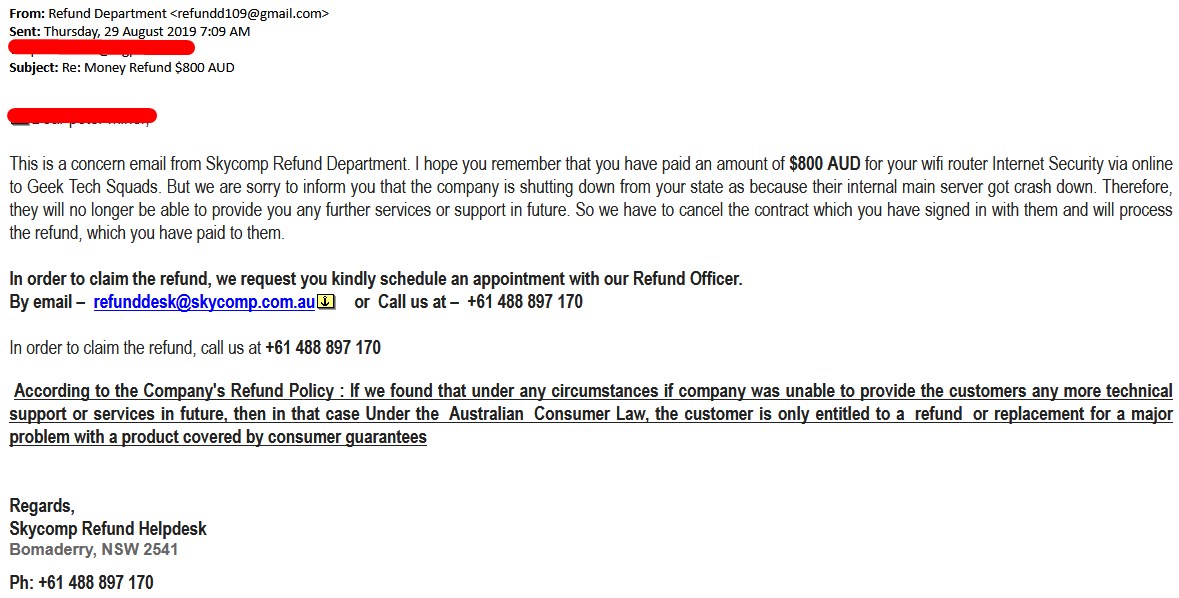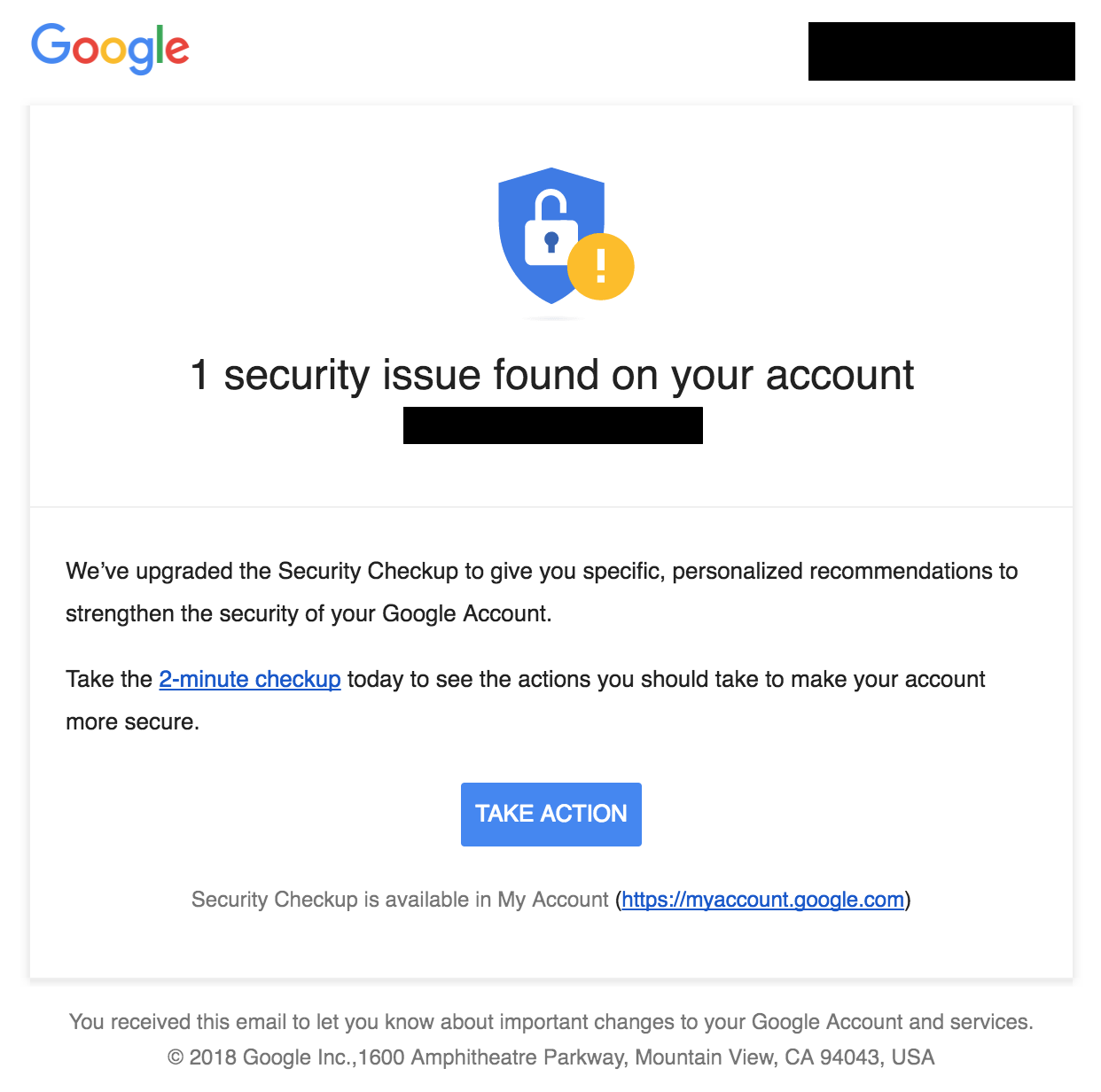

- EMAIL SCAM BLUESERVICE UPDATES INSTALL
- EMAIL SCAM BLUESERVICE UPDATES UPDATE
- EMAIL SCAM BLUESERVICE UPDATES PASSWORD
- EMAIL SCAM BLUESERVICE UPDATES FREE

EMAIL SCAM BLUESERVICE UPDATES INSTALL
Install anti-virus software on your computer to keep your online activities safe.Use a trusted email provider like Gmail or Outlook which will help filter out phishing emails.Never open an attachment in an email unless you know the sender and scan the attachment with anti-virus software first.Immediately contact the company by phone to confirm the information in the suspicious email is accurate.Use trusted links to a company’s website and never click on a link in a suspicious email.
EMAIL SCAM BLUESERVICE UPDATES UPDATE
Update your security settings to install security software patches on your web browsers routinely.
EMAIL SCAM BLUESERVICE UPDATES PASSWORD
What you should do: Never trust an email that asks for account details or asks you to reset a password via an unverified link. By clicking a link, malware can also be installed on your computer. Scammers dangle this email “bait” to hook you into providing your username, password, credit card info, financial account data or other personal information. What the scammer targets: These phishing emails look like a legitimate account services page for a financial institution or a well-known site such as Netflix, PayPal, or Amazon. Should you click on the link in the email? Absolutely not. It looks like it is from a legitimate company. Scam: An email just popped in your inbox informing you there’s an issue with your account information or that you qualified for an exclusive, limited-time offer. Don’t Take the Bait: Phishing Email Scams Having a basic understanding of the tactics they use and the fundamental protective actions you can take is your best defense in keeping your identity and money safe. Telemarketing tricks, phishing emails, identity theft and other scams bombard consumers on a daily basis. If so, you (like many Americans) stood in the crosshairs of a criminal attempting to steal your hard-earned cash, or even worse, your identity. Has a telemarketer called with a lucrative business opportunity which only requires your credit card information to get started? Has a Nigerian prince emailed you to tell you that you’ve won the Nigerian national lottery?


 0 kommentar(er)
0 kommentar(er)
